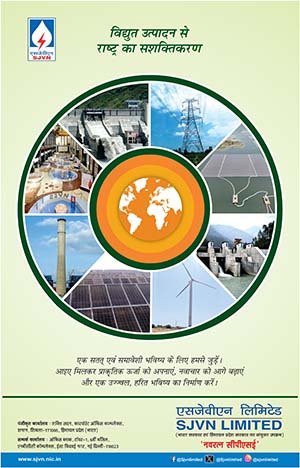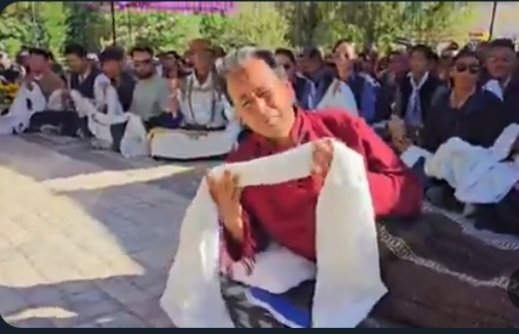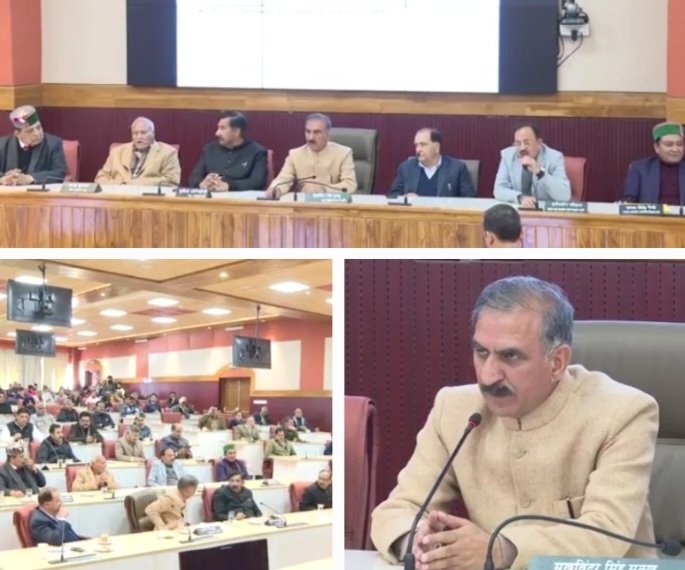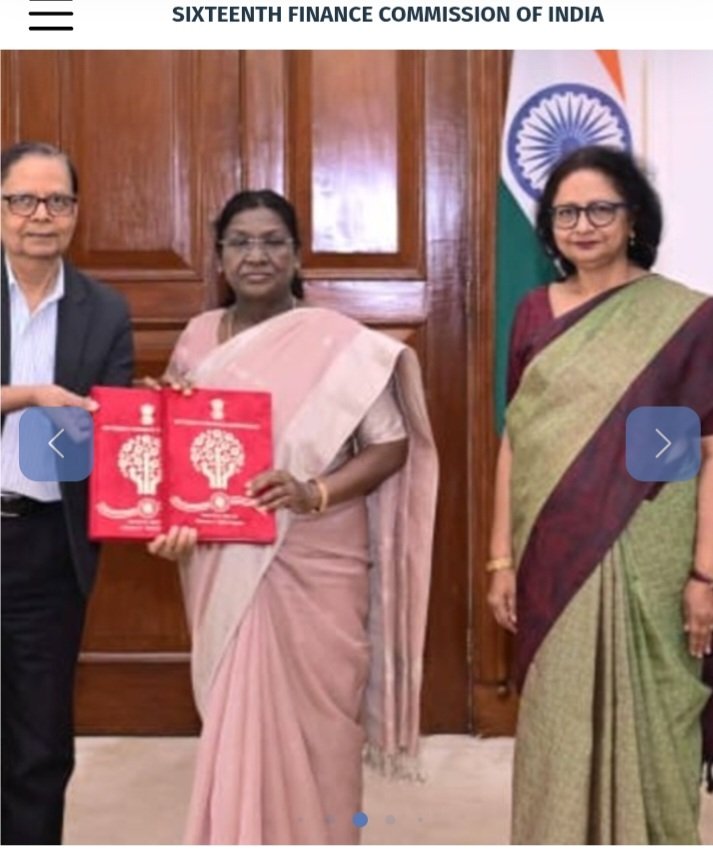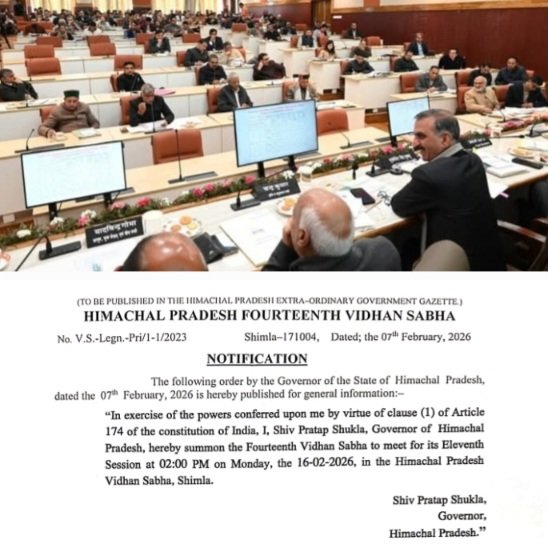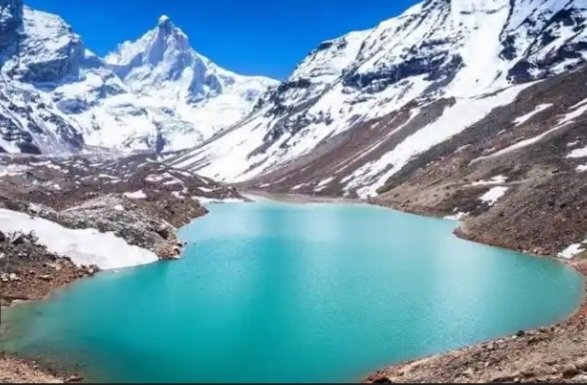Wangchuk’s Fast, Statehood Push, and the Battle for Identity? Is he loosing sympathy of common people?
Leh/Shimla — Ladakh, India’s cold desert, carved from the state of Jammu & Kashmir in 2019, is once again witnessing another fast by what many now dub as an "Anshanjivi activist".
Sonam Wangchuk, the engineer-turned-environmentalist who has become the face of Ladakh’s repetitive agitation, sits on the ninth day of his fast demanding statehood and inclusion under the Sixth Schedule of the Constitution.
The Ladakh Backdrop
Ladakh is no ordinary Union Territory. It is one of the world’s highest inhabited regions, where life clings to narrow valleys and glacial meltwater.
Its climate is cold, arid, and fragile. Rainfall is scant. Vegetation is sparse.
Traditionally, Ladakh was a district of Jammu & Kashmir, until its reorganisation in October 2019, which made it a Union Territory without a legislature.
The move was hailed as a national integration milestone, though Congress and NC disagree.
For many Ladakhis, however, the absence of an elected assembly has left them voiceless.
Wangchuk’s Fresh Salvo
Wangchuk is an anshanjivi activist.
He had staged a padyatra from Leh to New Delhi and undertaken long fasts — one lasted over 23 days.
His latest hunger strike has stretched beyond a week, gaining traction on social media with hashtags like #SaveLadakh and #SaveHimalayas.
His demands include a Full-fledged statehood for Ladakh. It is Understandable and just.
Another one is: Sixth Schedule status, which would give tribal communities constitutional safeguards over land, jobs, and culture.
This Special status is something that warrants criticism and disagreement.
Bu he insists the BJP itself promised this in its 2019 manifesto.
The critics say BJP, for that matter Congress and other parties have been making such promises to get votes without realizing its implications for the country.
The Land Lease Flashpoint
But behind the Wangchuk’s present hunger strike is another controversy.
In 2018, Wangchuk’s Himalayan Institute of Alternative Learning (HIAL) was granted 54 hectares of forest land on a 40-year lease.
Last month, the Ladakh administration under the Lieutenant Governor cancelled that allotment, citing violations.
Locals allege Wangchuk was handed prime land “for a song”.
Now, they say, he is turning a personal setback into a political crusade.
Critics vs. Supporters
Right-wing voices label him “hype-hungry” and an anshanjivi. They argue he is backed by left-leaning ideologues, “urban naxal” sympathisers, and a sympathetic media lobby.
Supporters counter that his demands are rooted in constitutional rights and ecological necessity.
Without Sixth Schedule protections, they fear Ladakh’s fragile environment and cultural identity will be bulldozed by unchecked development and outside interests.
What Ladakh Has Gained
The Centre argues Ladakh has already benefitted since UT status:
Central budget allocations have multiplied.
New districts like Zanskar, Drass, Sham, Nubra, and Changthang have been carved out.
Renewable solar energy projects, eco-housing, and high-altitude tourism are on the rise.
Defence infrastructure, highways, and sustainable power backups are being built to secure borders against hostile neighbours.
The Unanswered Questions
So far, multiple rounds of talks with the Centre have yielded little. Wangchuk continues to fast. The government continues to reassure. But the gap remains.
If Wangchuk is to be blamed for stirring agitation, then BJP must also answer why it dangled Sixth Schedule in its manifesto.
If Wangchuk is accused of hype, is he also giving voice to genuine local fears?
And for Ladakhis themselves — is the dream statehood worth the risks of instability, or can autonomy within UT status suffice?
A Battle Larger Than One Man
At its heart, this is not just about Wangchuk. It is about whether Ladakh, with its sparse tribal population and fragile ecology, deserves stronger protections than a generic UT framework.
The Modi led government scrapped Article 370 and special status for Jammu & Kashmir in the name of one nation, one law undoing the wrong committed by the Nehruian government.
Yet Ladakh’s peculiar geography and culture make it an outlier.
Ladakh has always believed in khatags — the white scarf of peace — over stones and sticks, in anashan over guns and fire, says Wangchuk.
Wangchuk’s fast may continue that tradition. But whether it secures Ladakh’s future, or just deepens its divisions, remains the unanswered question.
Is Wangchuk an anshanjivi activist who no longer attract or warrants any serious national attention. This Zidi Activist now faces credibility test. All Ladakhis may not subscribe to his opportunistic overtures.
The Modi government through its LG lens is watching Wangchuk’s anshan with coldness of Ladakh.



